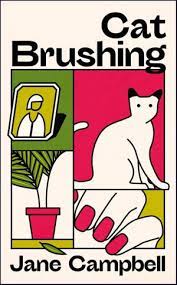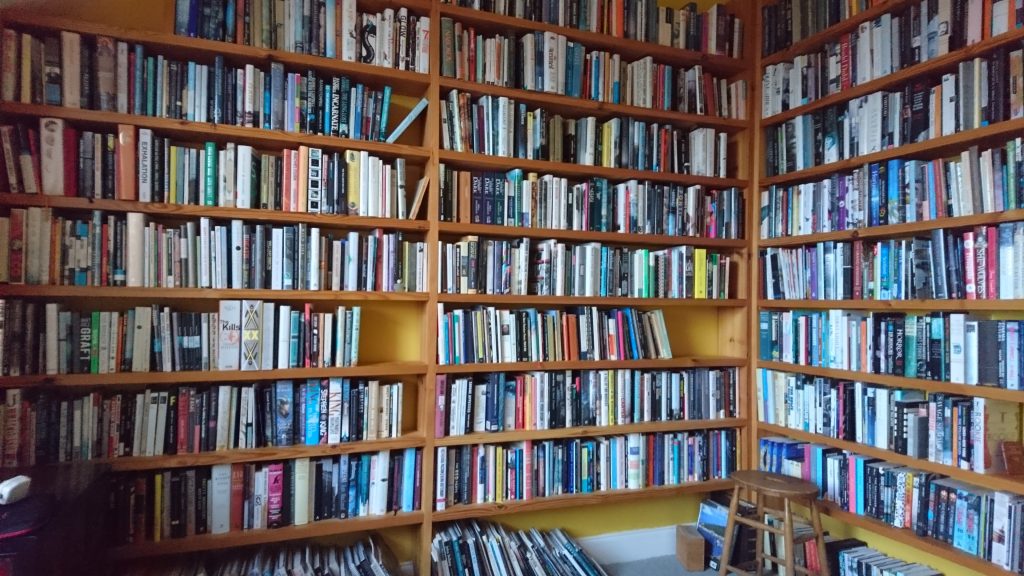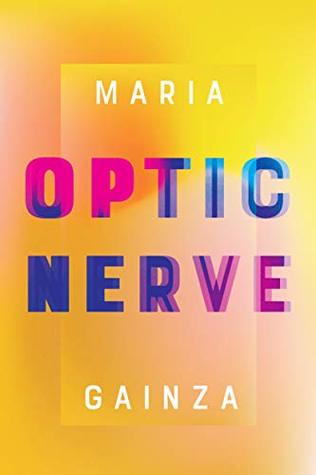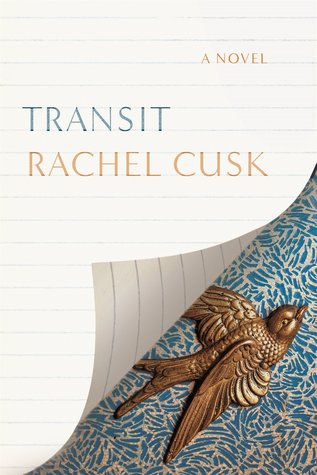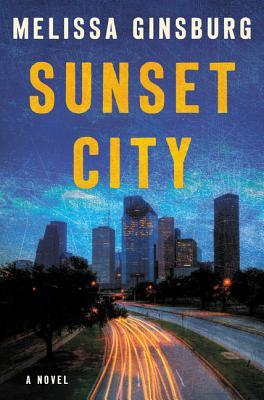This weekend saw the return of the Bute Highland Games, a wonderful community occasion made all the more special this year both for the fact that it was the first time back since COVID, and that the weather actually saw fit to behave itself this time around. I took part in the 10,000-metre road race, something I have been wanting to do ever since we moved to the island and my first ever participation in any kind of sporting competition. It was tough – I’m used to running first thing in the morning when the weather conditions are always cooler – but I was enormously pleased with my finishing time of 55:55, which placed me fifth out of sixteen in my age and gender category and 21st out of 54 women over the line.
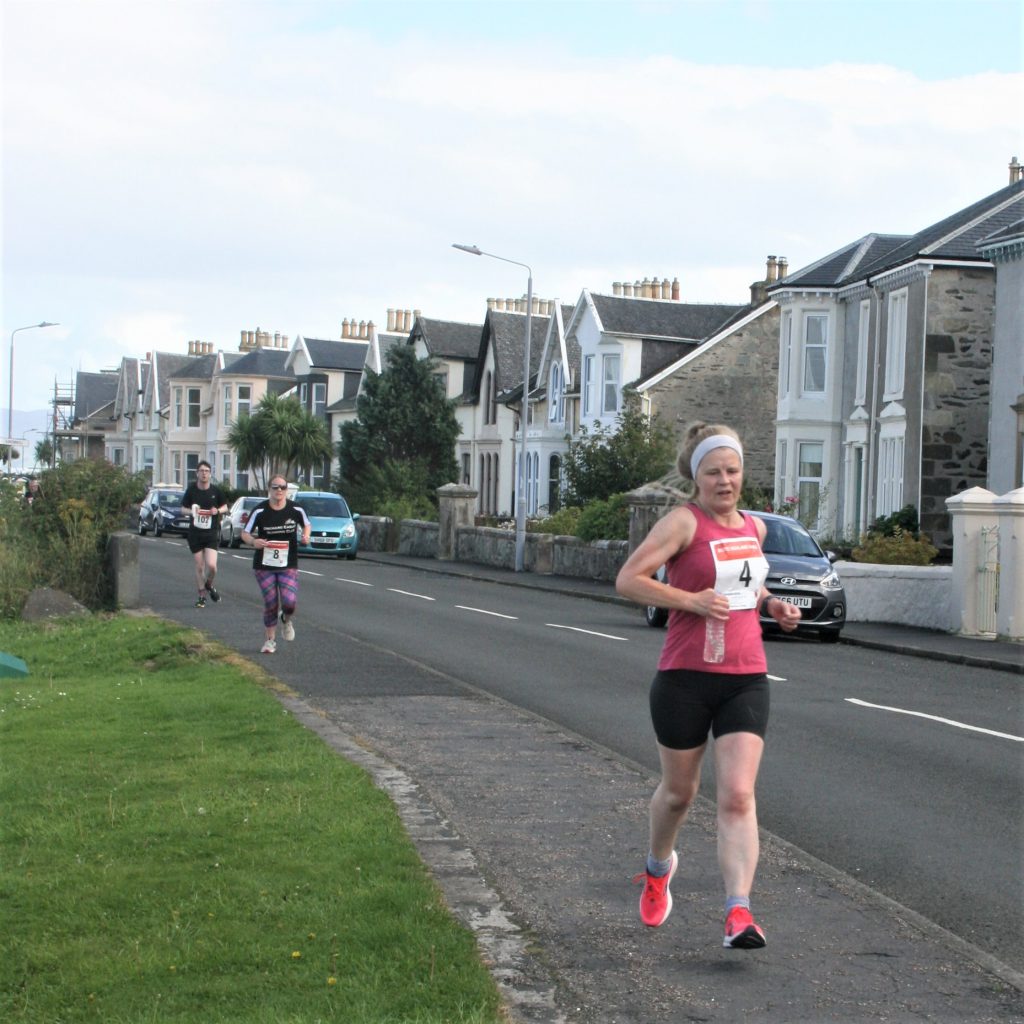
I hesitated over whether to post about this – it has nothing to do with writing, at least not directly, and talking in public about personal issues does not always come naturally to me – but then I thought what I have to say might encourage others, and therefore be valuable.
My running means a great deal to me and brings me much joy. It kept me sane during the pandemic – the one time of day when everything felt normal was when I was outside first thing, running along the coast road whatever the weather, listening to my music and feeling especially aware of my body as a living organism. Early on in the terrible conflict in Ukraine, I read about a group of older runners in Kyiv who see their daily outing as an act of solidarity with their fellows, an insistence that they exist and remain defiant. I often think of them as I run, wonder how they are getting on. Problems and questions that have arisen with my writing flow through my mind, and are often unravelled, seemingly without effort on my part.
Above all, the weather, the landscape, the feel and smell and taste of the open air. These grounding things, these precious things – to have this sense of freedom as a daily tonic is not so much a commitment as a necessity.
The point is, when I started school it was simply assumed that because I was visually impaired I would never be able to take part in sport. It didn’t seem to matter – I was doing well academically, so no biggie, and I never expressed any particular regret or worry over this cordoned-off area of the curriculum. Any half-hearted attempts to involve me in PE ended pretty dismally. Of course they did, because most of what was on offer were team sports, ball games needing a high degree of hand-eye coordination, and one of the weird things about my sight is that I don’t have binocular vision – pretty crucial for depth perception, and judging distances at speed. (Anyone who’s ever been with me at a convention and noticed me testing the edge of an ‘alien’ step with my toe before I go down it? This is why.)
I did swim well from an early age, though, and – oddly not oddly – I was one of the few who did not react with abject horror when told we were off for a cross-country run. I always had good breath control, and what I now recognise as good core strength and stamina. None of these things were noticed, or encouraged. I am not blaming anyone – I went to school in the 1970s, they did things differently there – but nonetheless I think it’s important for me to say it, in case anyone reading this has similarly been made to believe they have no sporting aptitude, or ‘can’t’ do something because they have a disability.
From my own experience, it is not a matter of can’t; it is simply a question of discovering which sport or activity best suits your particular abilities, and your passion.
Perhaps counter-intuitively, I have always enjoyed watching sport on TV. I was heavily invested in the Hunt-Lauda rivalry in Formula 1 back in the day. I started watching and loving Wimbledon when Borg, Connors, Wade and McEnroe were all still young. I vividly remember the excitement of watching my first Olympics – Montreal, 1976: Nadia Comaneci, Lasse Viren. I watched one hell of a lot of Champions’ League football matches through the 1990s. But it wasn’t until the 2000 Olympics in Sydney that something clicked personally, for me. Watching the Romanian athlete Gabi Szabo win gold in the 5,000 metres, something about this tiny, steel-nerved blonde woman and her famous sprint finish spoke to me, inspired me, reminded me that wasn’t running something I had always wanted to try but felt was out of bounds?
I decided that there was literally no reason it should be out of bounds, and started from there, running around the block in an old pair of Adidas trainers and feeling vaguely embarrassed. The embarrassment stopped after about a fortnight, as I began to build up my staying power. I have run in fits and starts ever since, though it did not become a daily habit until we moved to the island. With a course that is safe and free of traffic and has start-to-finish views of the Firth of Clyde, how could it not?
I spend many hours of every day sitting at my desk. The practice of writing calls for stamina of a different kind – the ability to sit with an idea until it becomes something, to keep faith with my work even when it feels flat, or disorganised, or beyond my control. It can be mentally exhausting and occasionally dispiriting. To be able to get outside, to let my mind unclench itself – I can honestly say that taking up running has benefited every aspect of my life, both my physical and mental wellbeing. It offers a rest from the intensity of writing, as well as a spur to it.
Running is my hobby, the thing I do for myself alone and with no other aim in view than to enjoy the experience. I’m not at all competitive about it, and that is part of the joy. But can I beat my own time next year? If I weren’t already wondering about that, I wouldn’t be me.
